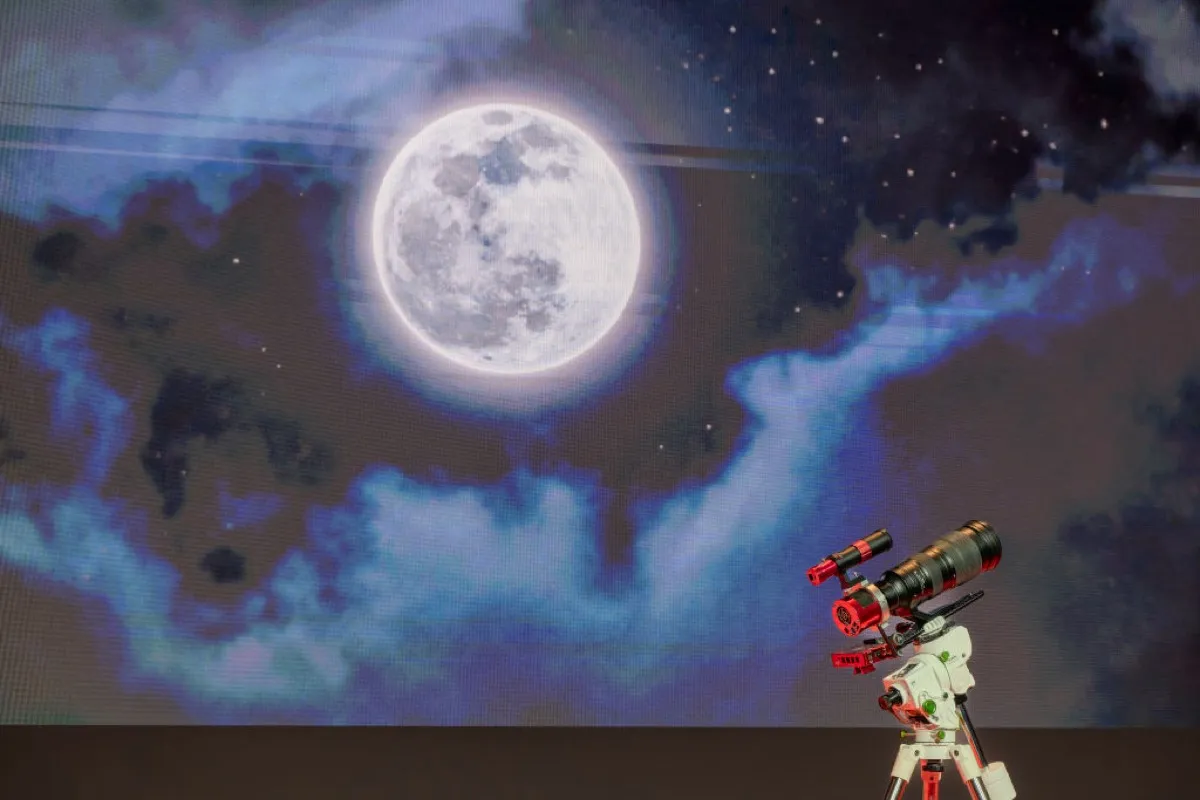In the wake of deteriorating Russian-American relations, the Senate’s Armed Service Committee announced a bill yesterday that would budget $100 million to the development of a US-made rocket engine. Man, wouldn’t it be awesome if space exploration received this kind of funding without all the international conflict?
American space travel has largely been powered by the Russian RD-180 rocket engine since 1993, but after escalating tensions over Ukraine, Russia’s Deputy Prime Minister Dmitry Rogozin threatened on May 13th to block sales of the rocket.
Russia is ready to continue deliveries of RD-180 engines to the US only under the guarantee that they won’t (cont) http://t.co/xsr0zuGxBY
— Dmitry Rogozin (@DRogozin) May 13, 2014
@fka_roscosmos doesn’t plan to continue cooperation with the US on the ISS after 2020
— Dmitry Rogozin (@DRogozin) May 13, 2014
As a precaution the US Defense Department summarized the impact that losing access to the the RD-180 would have on our military space program, warning that if Russia went ahead with the ban it could delay as many as 31 missions and cost the US up to $5 billion. The summary warned that “actions must be taken in [fiscal year 2014] to mitigate current risk and preserve future options,” but simply building an American version of the Russian engine wouldn’t be a viable solution: “regardless of RD-180 viability, U.S. needs to develop a domestic engine.”
The Senate’s new bill indicates that they took the Defense Department’s warning seriously, but funding for the engine isn’t guaranteed yet — the bill has to go to vote in the full Senate and then be reconciled with a separate defense bill in the House of Representatives. Senator Bill Nelson, who flew aboard the Space Shuttle Columbia in 1986, sounds confident, saying in Phys.org:
Mr Putin’s Russia is giving us some problems […] So we put $100 million in the defense bill to develop a state-of-the-art rocket engine to make sure that we have assured access to space for our astronauts as well as our military space payloads.
At least something positive might come out of renewed Cold War sentiments?
(via Gizmodo, Phys.org and Space News, image via NASA HQ PHOTO)








Published: May 23, 2014 05:11 pm